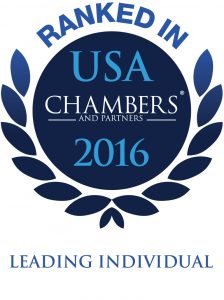Innovations in Food Delivery
Tuesday, May 17, 2016
5:00 pm – 7:00 pm
Click here to RSVP.
Click here to view the invitation.
Join us for for a panel with leaders in the local Food and Beverage industry to discuss out-of-the-box innovations in food delivery and accessibility.
Panelists:
Bridget Kwok
Director of Marketing, Andronico’s Community Markets
Bridget Kwok is the Director of Marketing at Andronico’s Community Markets in the San Francisco Bay Area. She is a leader in groundbreaking omni-channel retail marketing partnerships in the supermarket sector and has brought new platforms like Instacart, Shopwell and Sweat.Works on board at Andronico’s.
Megan Mokri
Founder and CEO, Byte
Megan Mokri is CEO and Founder of Byte. Byte uses connected refrigerators to serve fresh, healthy meals and snacks in workplaces, 24 hours per day. Byte is currently working with companies like 2K Games, Sephora, Chevron, Bain and more. Megan was previously founder and CEO of 180Eats, a healthy meal delivery business in Marin County.
Will Rosenzweig
Dean and Executive Director, The Food Business School of The Culinary Institute of America
Will Rosenzweig is Dean and Executive Director of the Food Business School of The Culinary Institute of America, as well as a long-time faculty member at the Haas School of Business at UC Berkeley. He was honored with the Oslo Business for Peace Award for his accomplishments in the area of ethical business in 2010. In 2016, Will was recognized as one of the 7 shapers of the future of food by Bon Appetit magazine.
Moderated by Karen Frank
Partner, Food & Beverage practice group, Coblentz Patch Duffy & Bass LLP
Sponsors:
ABD Insurance & Financial Services
Steve Leveroni, Executive Vice President
theabdteam.com
Barnard/Montague Capital Advisors
Biff Barnard, Managing Partner
Jeanne Montague, Managing Partner
barnardmontague.com
Burr Pilger Mayer
Jeffery Pearson, Shareholder
bpmcpa.com
Coblentz Patch Duffy & Bass LLP
Karen Frank, IP Practice Partner
Paul Escobosa, Business Practice Partner
Matthew Bove, Real Estate Practice Partner
Brandi Brown, Business Practice Partner
Stephen Lanctot, Employment Practice Partner
coblentzlaw.com
Click here to RSVP.

